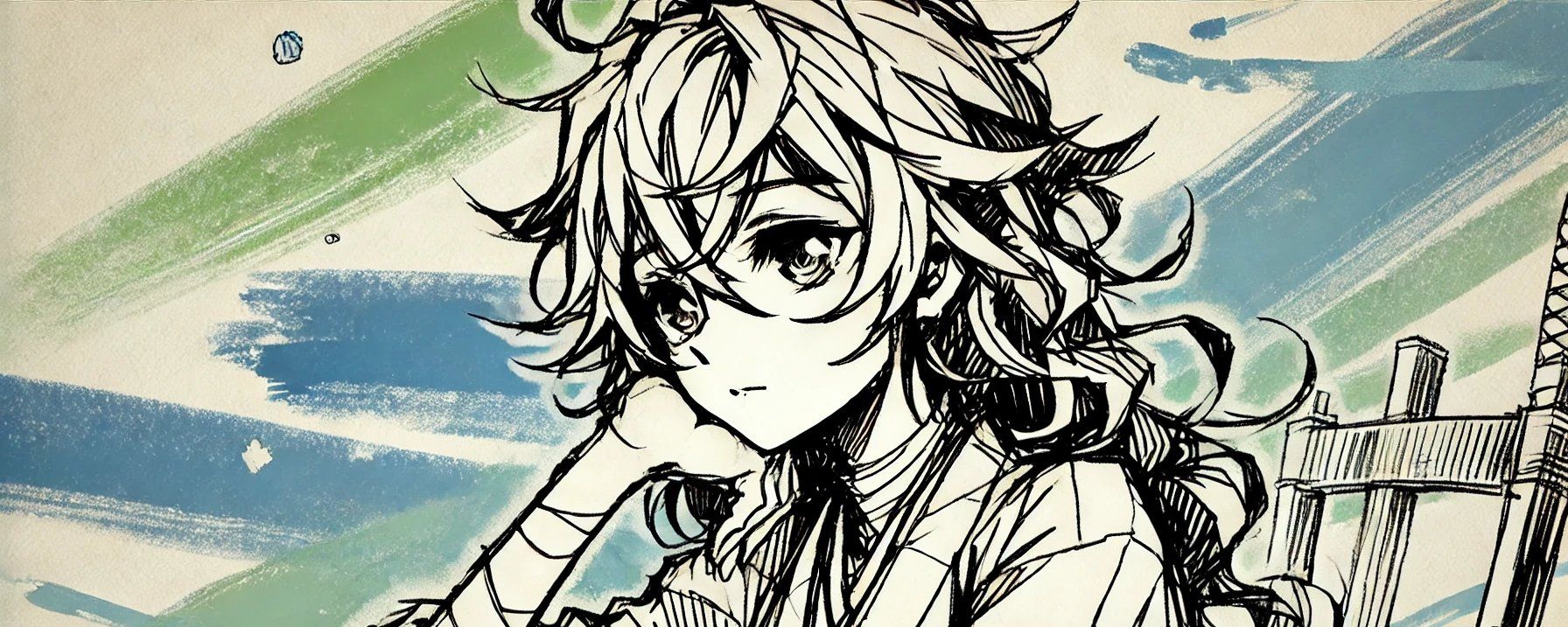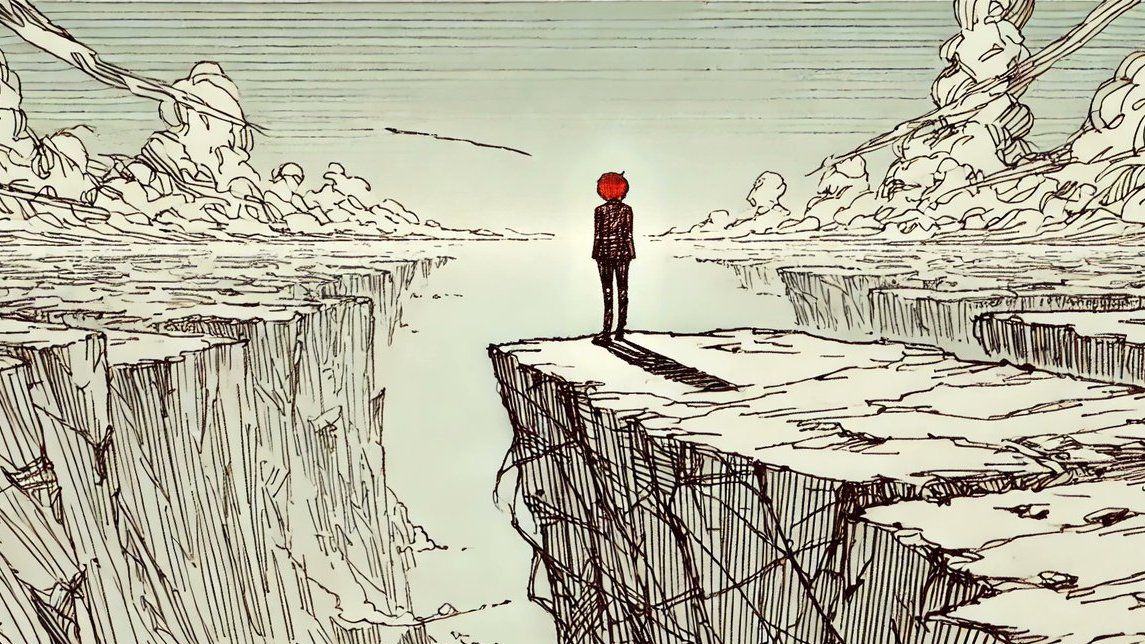The Smart Kid Who Couldn't Fail

They called me a genius—and then it backfired.
When I was young, everyone told me I was smart. My mother was a teacher, so learning came easy. Math clicked instantly. I got good grades, solved problems quickly, and people noticed. My mother also ran a home tuition, so I was constantly surrounded by students from higher grades who praised my ability to solve problems effortlessly. The kids in my neighborhood weren’t particularly strong in academics, so in their eyes, I stood out even more. And I believed it. I was naive. I thought I was smart.
Sports came naturally too. I wasn’t just decent. I was above average. I shined in moments that I still remember vividly. Later, I shifted to football, and it was the same story. I grasped it quickly and played better than many who had years of experience. Running? I was fast. So fast that I became the district’s top runner in U16, qualifying for state-level competitions. And I never trained for it. It was just in me.
Everything I did seemed effortless. I was smart. I was good at sports. I was good at anything I chose to do. It wasn’t just talent. I started believing I was something more. Special.
Computers were another playground. I had one from an early age, and I tinkered endlessly. I understood things quickly, people praised my knowledge, and soon, I was the go-to guy for anything tech-related. It reinforced what I already believed. I was smart.
Social life? That was easy too. I never had to ask a girl out. They approached me, and I said yes to the ones I liked. I never learned how to initiate anything because I never needed to. Life was flowing naturally, effortlessly. I didn’t realize that was a problem.
Then, reality hit.

As I got older and ventured beyond my small world, especially online, I encountered people leagues ahead of me. People who built things I couldn’t even wrap my head around. I assumed it would be easy, just a matter of doing X, then Y, then Z. But when I tried, I failed. And I realized something. All my life, I had been the smart one in my small bubble. Now, I wasn’t. And instead of facing that, I started avoiding challenges where I could fail. If I avoided failure, I could still believe I was smart. My brain was coping.
This is the hidden cost of being labeled “smart.” When you’re young and praised for intelligence, what people actually praise is effortless success. You get rewarded when you solve problems quickly, when you understand things the first time, when you ace a test without studying. And over time, you internalize a dangerous belief: “If I’m smart, things should be easy for me.”
That belief quietly sabotages everything. The moment something isn’t easy, when you struggle, when you fail, it doesn’t feel like a normal challenge, it feels like a threat to your identity. If you’re supposed to be smart, then why is this hard? Instead of pushing through, you avoid it. You stop raising your hand unless you’re sure. You don’t play games unless you know you’ll win. You sidestep challenges that might expose you as someone who isn’t naturally gifted.
This avoidance extends beyond academics. I noticed it in my social life too. Since people always came to me, I never learned how to start conversations. I had no experience with rejection. But the real world doesn’t work like that. When I had to initiate for the first time and failed, it shook me. So I overanalyzed the situation. Instead of letting social interactions be natural, I tried to solve them logically. I dissected people’s behaviors, their words, their body language. I tried to solve human interaction like an equation. I thought intelligence would fix it, but instead, I just ended up overthinking everything. And I was lonely.
This is a common smart boy trap. We lean on intelligence to solve emotional problems, but intelligence wasn’t designed for that. Social skills come from experience, failure, and persistence, not analysis. But when you’re used to effortless success, failure isn’t an option. So instead of growing, you shrink your world. You stick to what you’re already good at. You protect your image instead of developing yourself.
And then, one day, you realize your identity is fragile. You’ve built your self-worth on a talent that now feels like a prison. You can’t afford to fail, to look stupid, to risk proving that maybe you’re not special after all. And so, you stall. Life keeps moving, but you’re stuck, watching from the sidelines.
Isolation sets in. While others are out experimenting, failing, improving, you’re locked inside your comfort zone. You crave connection but avoid situations that foster it. You don’t join new groups because you might be bad at something. You don’t pursue passions because they might expose your limits. And without realizing it, you step out of the flow of social life.
But here’s the truth: You’re not here to protect an image. You’re here to grow. If you’re a smart guy feeling stuck, stop avoiding failure. Take action. Don’t overanalyze. Your intelligence isn’t a shield; it’s a tool. And it only works if you’re willing to use it, fail with it, and grow beyond it.